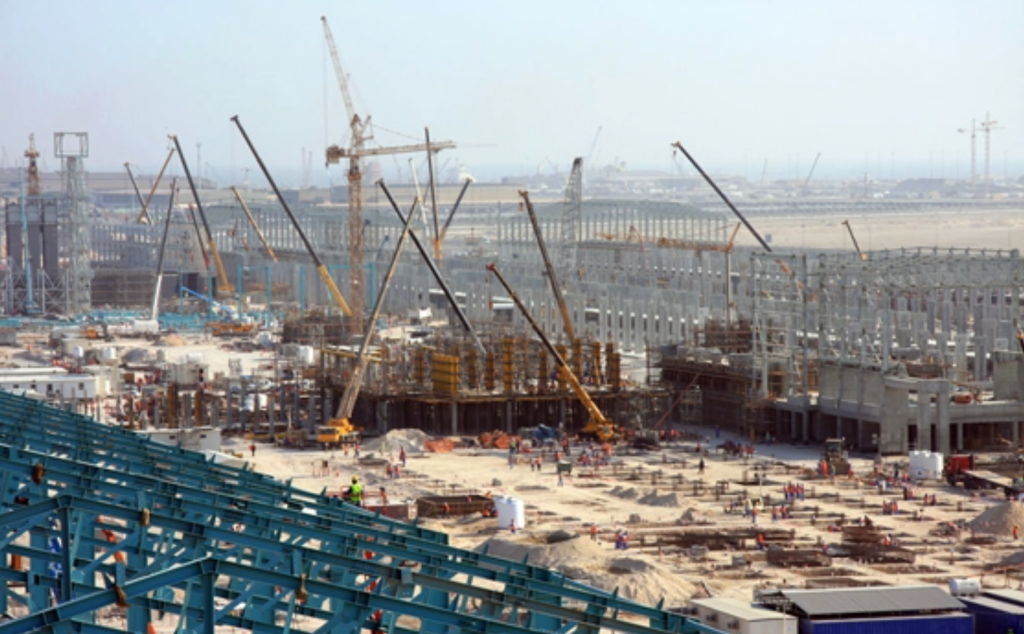
Qatar’s economy is expected to register a real growth of 7.3 percent in 2015, driven by gathering expansion of the non-hydrocarbon sector of the economy and a boost from the start-up of the Barzan gas project, according to a report released by the Ministry of Development Planning and Statistics on Tuesday.
The “Qatar Economic Outlook 2015–2017” report sees real Gross Domestic Product (GDP) growth (adjusted with annual inflation) strengthening in 2015, however, it anticipates a contraction in nominal income and a steep decline in both the fiscal and current account surpluses.
In 2015, real growth of 7.3 percent is expected, driven by gathering expansion of the non-hydrocarbon economy and a boost from the start-up of the Barzan gas project. However, real GDP growth is set to taper in 2016 and 2017 as activity in the non-hydrocarbon sector starts to moderate and the added production from Barzan falls out of the equation, it said.
With oil prices forecast to remain well below the average prices secured in 2014, a reduction of 10.2 percent in nominal GDP is projected for 2015, according to the report.
The report also anticipates inflation in 2015 to fall to 2 percent following rapid deceleration in January–April. The rise in the rental and utilities component of inflation, which had been pushing the overall index up, has softened, and the external component of inflation is expected to remain muted.
In 2016 and 2017, however, external sources of inflation could emerge if dollar appreciation loses momentum and commodity prices begin to pick up, it noted.
Despite significantly lower oil prices and an erosion of hydrocarbon revenues, a small fiscal surplus is projected for 2015. However, if lower oil prices persist, investment income will be tempered and fiscal deficits could arise in 2016 and 2017. Breakeven oil prices for the fiscal balance are estimated at $86.4 per barrel for 2016 and $88 for 2017, according to the report.
Commenting on the report, the Minister of Development Planning and Statistics HE Dr Saleh Al Nabit stated that the fall in oil prices that began in June 2014 was not anticipated, and the rally that has been staged since January 2015 has been associated with considerable volatility. “If they persist, lower oil prices will narrow the government’s fiscal cushion but our considerable financial reserves provide an ample buffer. Important capital spending plans will proceed.”
The Minister added that despite lower oil prices, the outlook expects the current account of the balance of payments to return surpluses, with estimated breakeven prices for the current account lower than the baseline forecasts for oil prices, reports QNA.
Dr Saleh added that lower oil prices and the prospect of continued volatility serve to underline the importance of implementing the initiatives in Qatar’s National Development Strategy. These will help to diversify the economy and to shield it from the vagaries of oil price movements.
